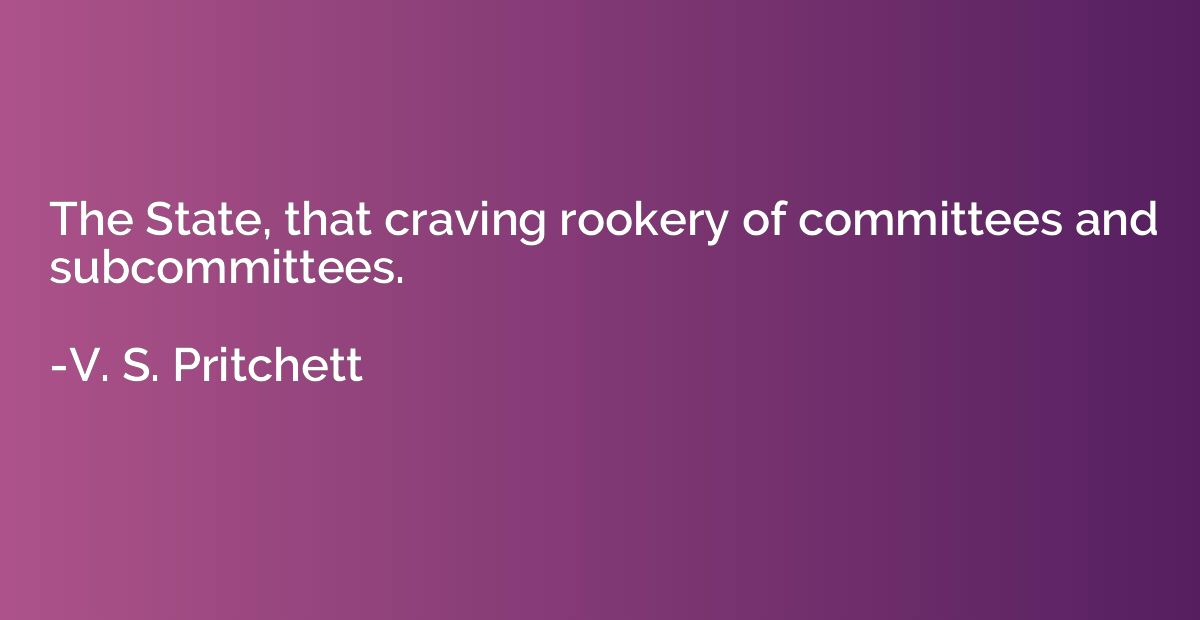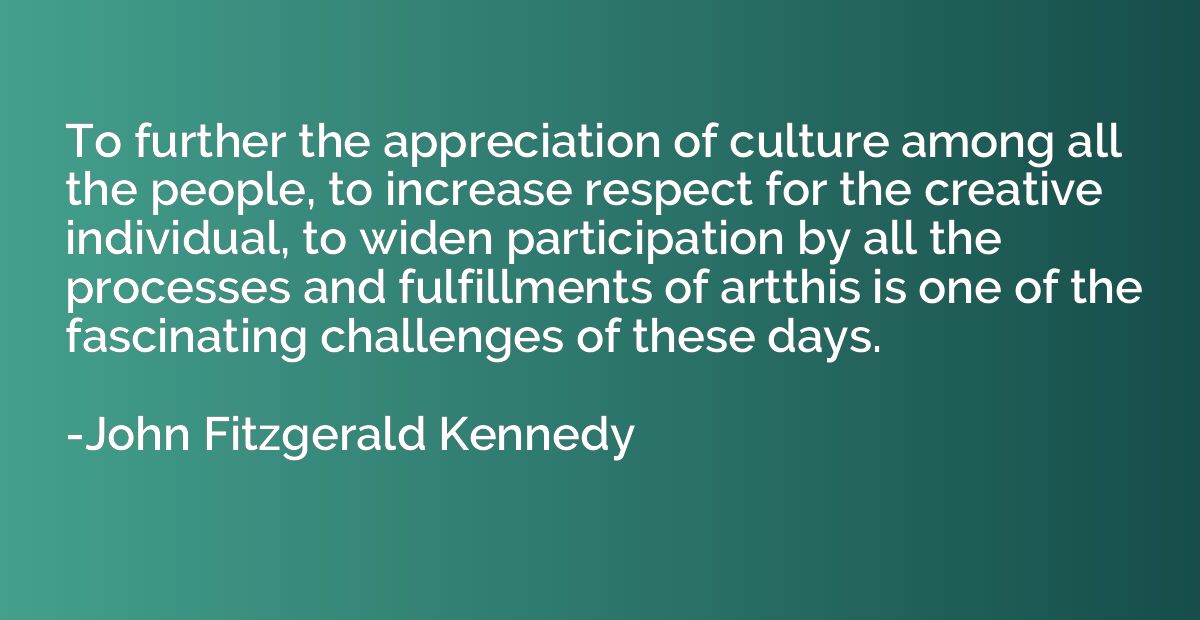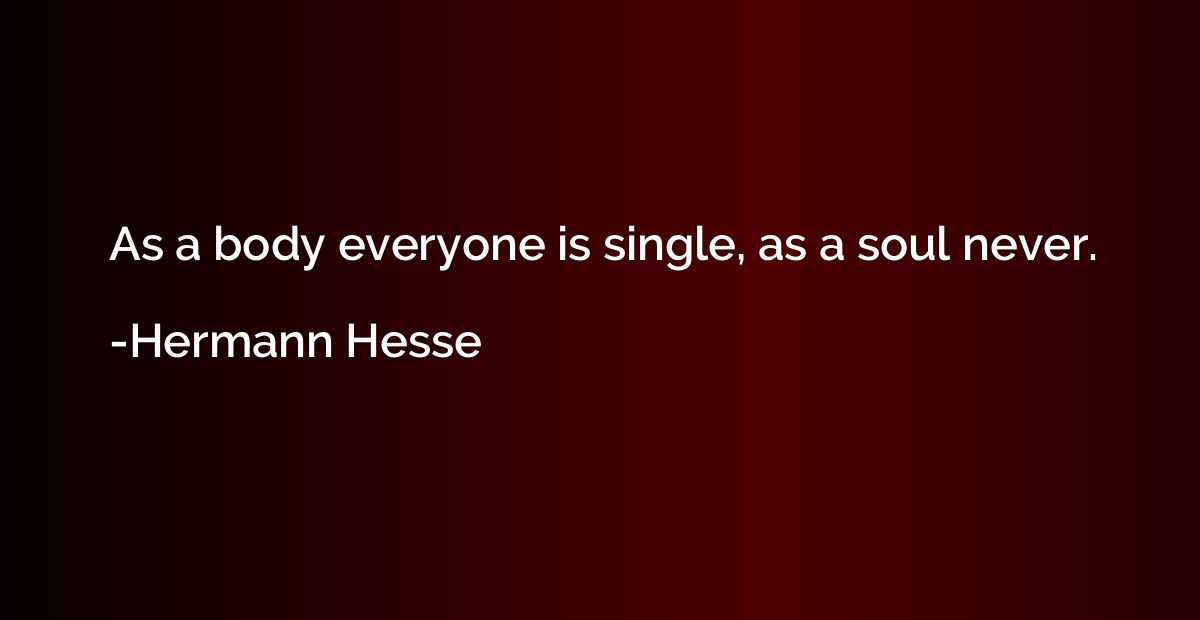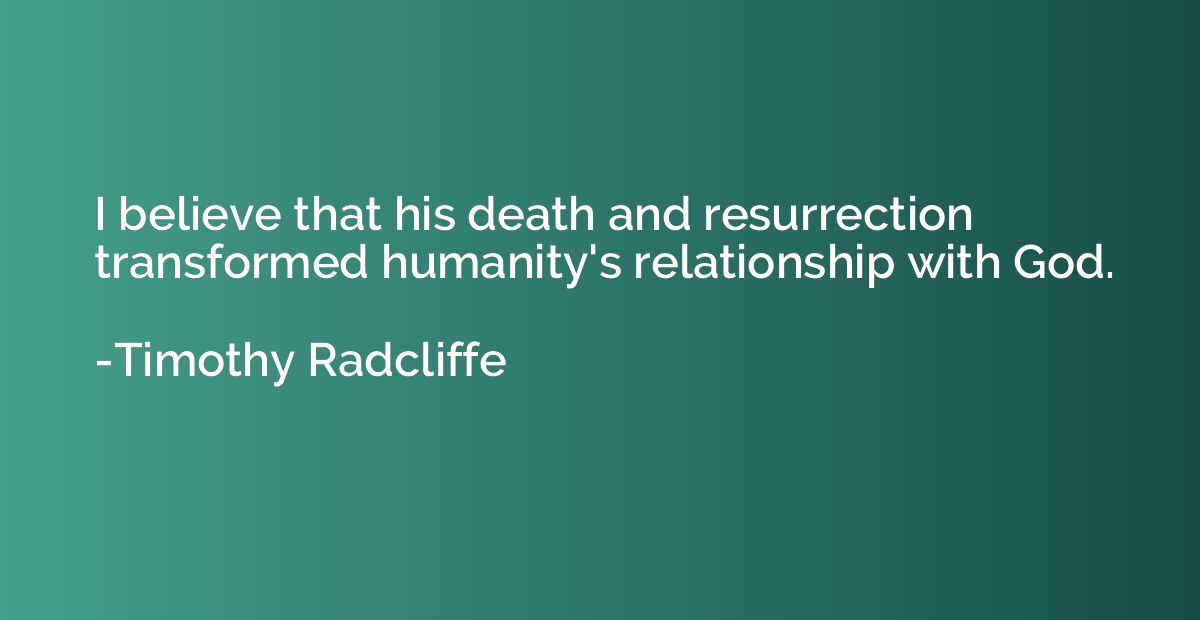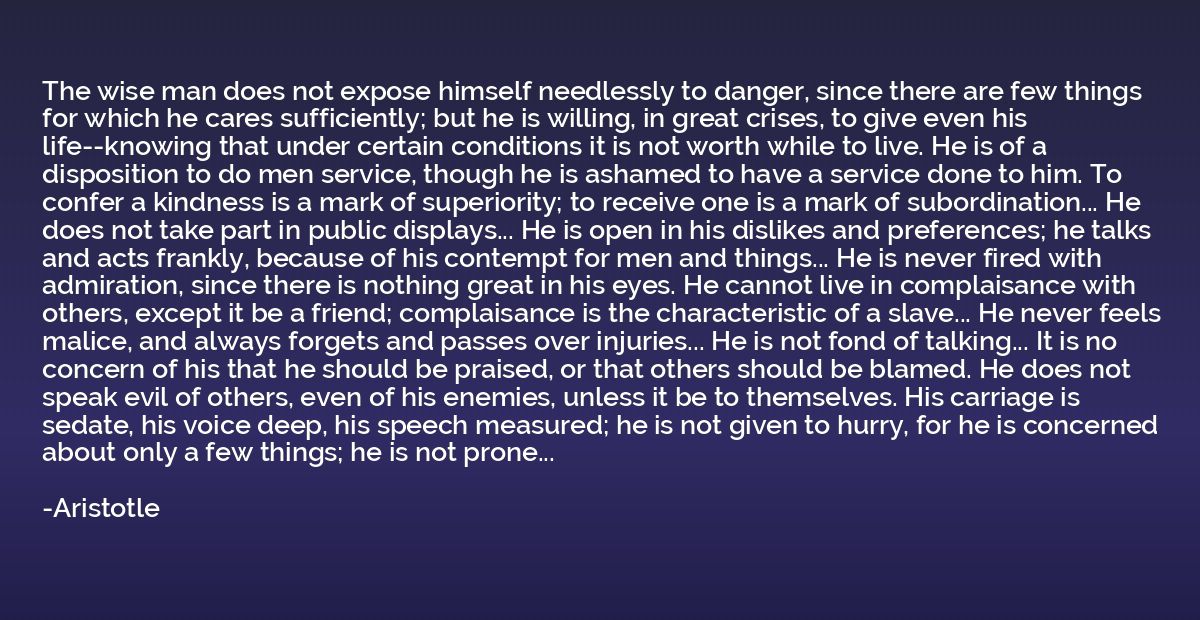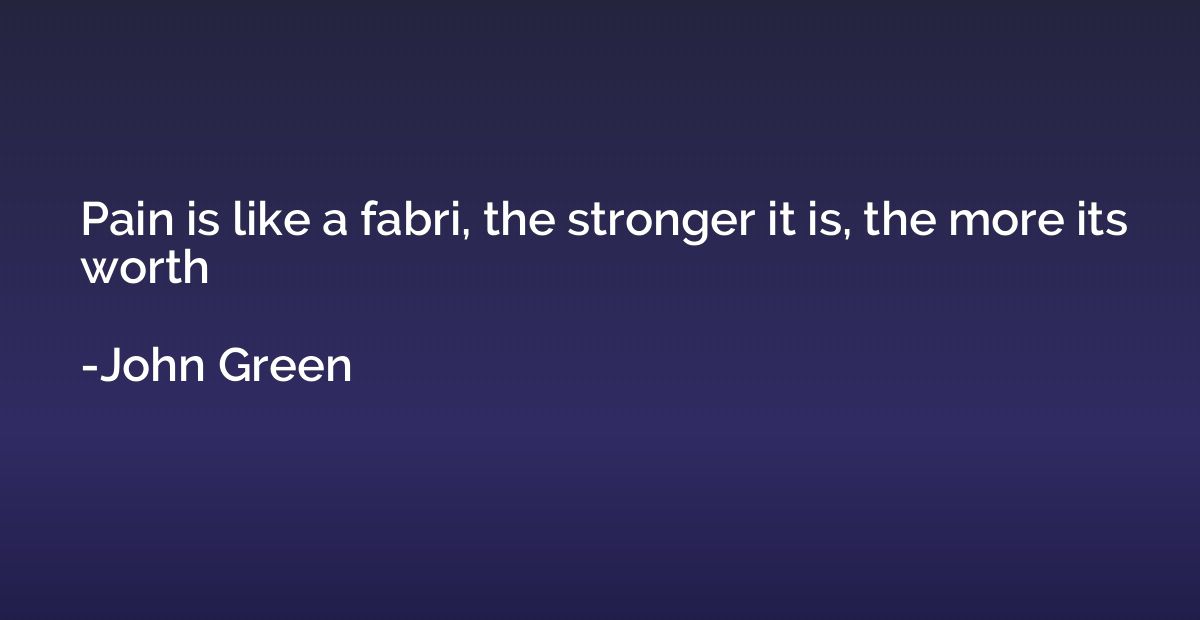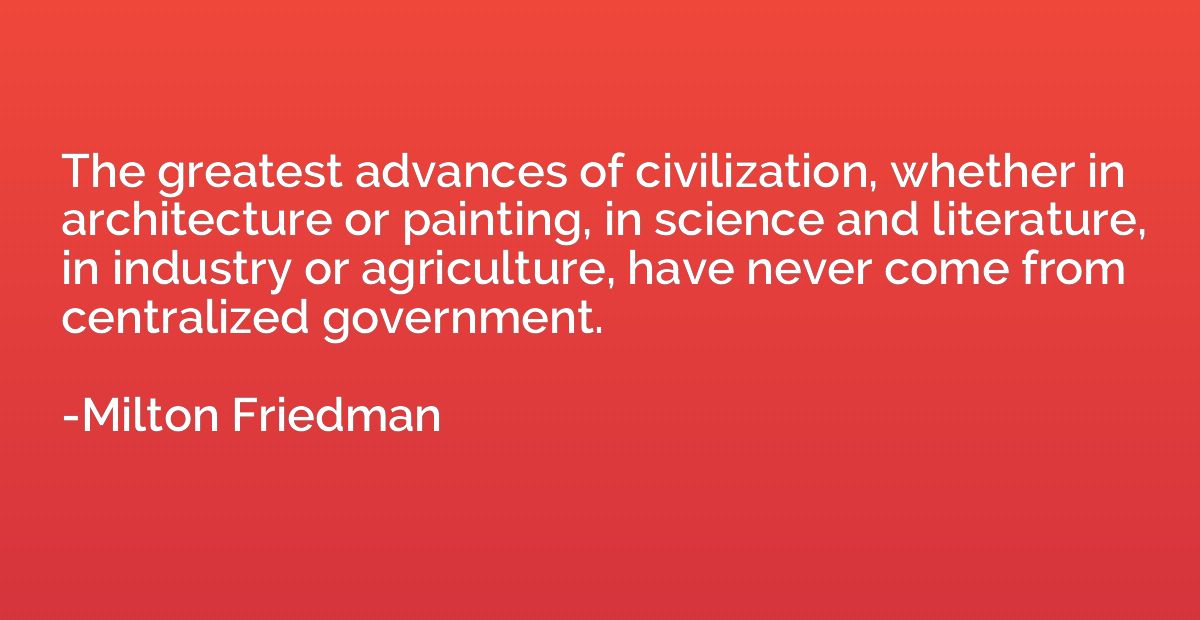Summary
This quote criticizes the concept of the State, referring to it as a breeding ground for various committees and subcommittees. It suggests that the State is characterized by an insatiable desire for bureaucratic structures, which can be seen as burdensome and inefficient. The use of the metaphor "craving rookery" implies that the State often prioritizes its own expansion and self-interest over the needs and concerns of the people it governs. Overall, this quote reflects a negative view of the State's bureaucratic tendencies and the potential consequences that may arise from it.
